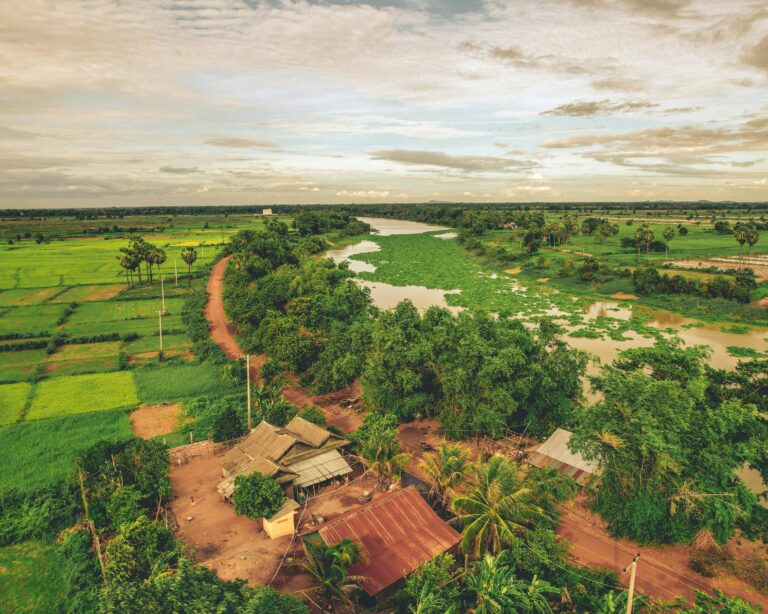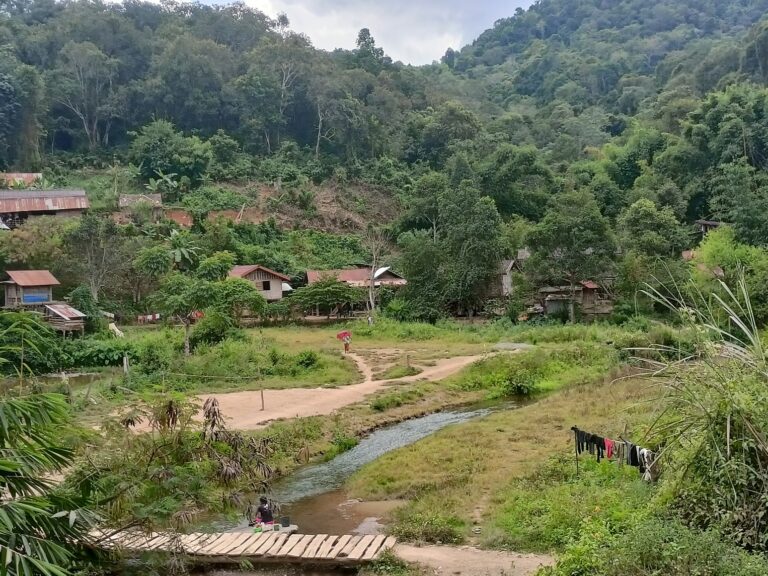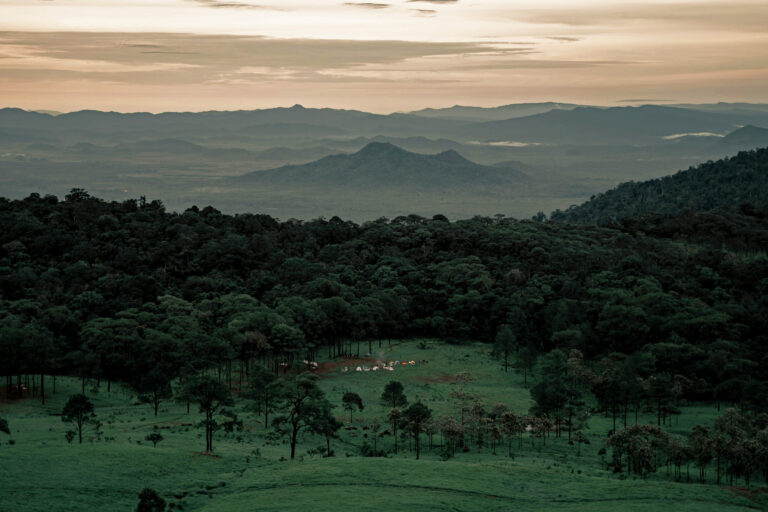Project Description
Mongolia, though sparsely populated, has faced growing water insecurity due to outdated management systems, urban expansion in Ulaanbaatar, industrial pollution, and climate-induced desertification. Hundreds of lakes and rivers have dried up, and untreated, potentially contaminated groundwater remains a primary water source for many households. In response, the Implementing Innovative Approaches for Water Governance project aimed to strengthen Mongolia’s national water governance framework and build institutional capacity to manage water resources sustainably in the face of mounting pressures.
Objectives, Activities, and Results
The project sought to improve Mongolia’s regulatory and institutional structure for water governance. ICEM and partners conducted a participatory scoping and baseline assessment with stakeholders across government, river basin authorities, and civil society. Updated laws and policies addressed issues such as surface and groundwater scarcity, pollution, ecosystem degradation, and infrastructure decline. River basin plans were developed and pilot interventions implemented to improve water security based on localized needs. Capacity building included the creation of scoring systems, upgraded database tools, and delivery of tailored training workshops. These activities equipped basin committees and government agencies with practical tools and policy guidance to enhance long-term water management and adapt to evolving environmental and socio-economic conditions.




